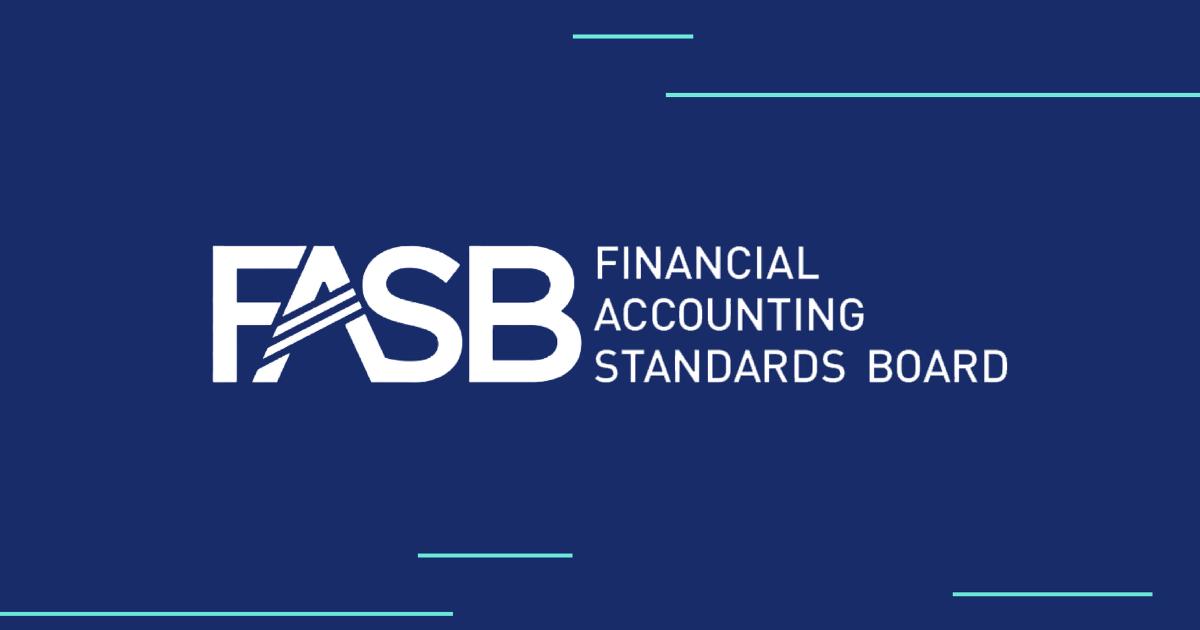When the new FASB Bitcoin accounting rules go into effect, we’ve broken through an important moment of corporate financial transparency. Next year, companies will be required to report digital assets at the lower of fair value or the value they would sell for in the market.
These rules make sense for investors and businesses starting December 15, 2024. But they improve both the accuracy and harmony of cryptocurrency. Read up on the new FASB Bitcoin accounting rule.
Key-Takeaways:
- Companies will have to report cryptocurrency at fair value beginning from December 15, 2024, which will encourage greater accuracy and transparency in cryptocurrency-related reporting.
- So, this takes the form of new rules to reflect the market value changes based on real time and thus has financial statements creating better dynamic reporting of digital assets.
- But this means there will be more institutional and corporate interest and cryptocurrencies adoption because, with the advent of these new developments, there will be clearer reporting and standardized.
Knowing the Regulatory Shift
 A fair value-measured approach was introduced by new FASB Bitcoin accounting rules, leaving out an old way of impairment-based method. Companies used to be able to just write down Bitcoin in their purchase price and ignore unrealized gains on the market.
A fair value-measured approach was introduced by new FASB Bitcoin accounting rules, leaving out an old way of impairment-based method. Companies used to be able to just write down Bitcoin in their purchase price and ignore unrealized gains on the market.
Today, businesses can now extend the ability to immediately reflect the change in real-time market values in financial statements. This is more accurate and dynamic reporting of cryptocurrency holdings.
FASB Chair Richard Jones unveiled the new FASB Bitcoin accounting rules that address the concerns of stakeholders. However, they want financial reporting to be more transparent and economically meaningful.
This change will allow the companies to record corporate cryptocurrency holdings at fair value. Yet net income will now reflect the market in every reporting period.
Implications for Corporate Financial Reporting
 The new FASB Bitcoin accounting rules also require businesses to disclose important information about their cryptocurrency holdings as they currently stand. It includes big crypto asset positions and any contractual sale restrictions.
The new FASB Bitcoin accounting rules also require businesses to disclose important information about their cryptocurrency holdings as they currently stand. It includes big crypto asset positions and any contractual sale restrictions.
In addition, companies need to report how their reported values change from period to period. Such disclosure makes an investor as well as a stakeholder more transparent.
And for valuation reasons, there are specific regulations for fungible digital assets like Bitcoin and Ethereum and not NFTs.
Chief industry leaders signal new FASB Bitcoin accounting rules, making way for institutional cryptocurrency adoption. Founder of MicroStrategy Michael Saylor claims these rules might even drive pure Bitcoin up to $1 million.
FASB has officially adopted Fair Value Accounting for #Bitcoin for fiscal years beginning after Dec 15, 2024. This upgrade to accounting standards will facilitate the adoption of $BTC as a treasury reserve asset by corporations worldwide. https://t.co/4GOuji6cr0
— Michael Saylor⚡️ (@saylor) December 13, 2023
The biggest booster of investor’s confidence is the standardized reporting approach. It provides a much more accurate and clearer view of what companies’ digital asset portfolios actually represent.
Financial analysts believe new FASB Bitcoin accounting rules will make already complex accounting work simpler. The regulations make the process of impairment testing simpler and tie in cryptocurrency holdings as a strategic asset for corporations all the more.
A logical step toward integrating digital assets into mainstream finance is that new FASB Bitcoin accounting rules are an alogical step to integrate digital assets into mainstream finance. They are a framework that is standardized, with broad corporate adoption encouraged.
Other pioneers like them that were embroiled in cryptocurrency treasury strategies have joined MicroStrategy. These new standards provide good clarity and confidence for others to follow suit as well.
According to experts, new FASB accounting rules for Bitcoin will draw more institutional interest, particularly S&P 500 companies. Digital assets are more attractive now that the rules take away the permanent markdowns.
By doing this, cryptocurrency gets a better investment environment with real-time reporting of market value. Major corporations could have it taken and made for wider adaptation.
It’s a major regulatory milestone and serves as an indicator that recognition of digital assets continues to grow within the institutional setting. That allows them to create a transparent and consistent format for reporting cryptocurrency holdings.
If financial reporting by these standards could ease the reporting burden, it could help push other corporations to adopt.
Conclusion
With the implementation of new FASB Bitcoin accounting rules, companies will now be changing how and when they report and integrate cryptocurrencies into their financial reports. Overall, it is an evolutionary step in the corporate finance management of digital assets.
As FASB continues to make new rules, what does this mean for cryptocurrency in corporate finance? Share with us your thoughts.











